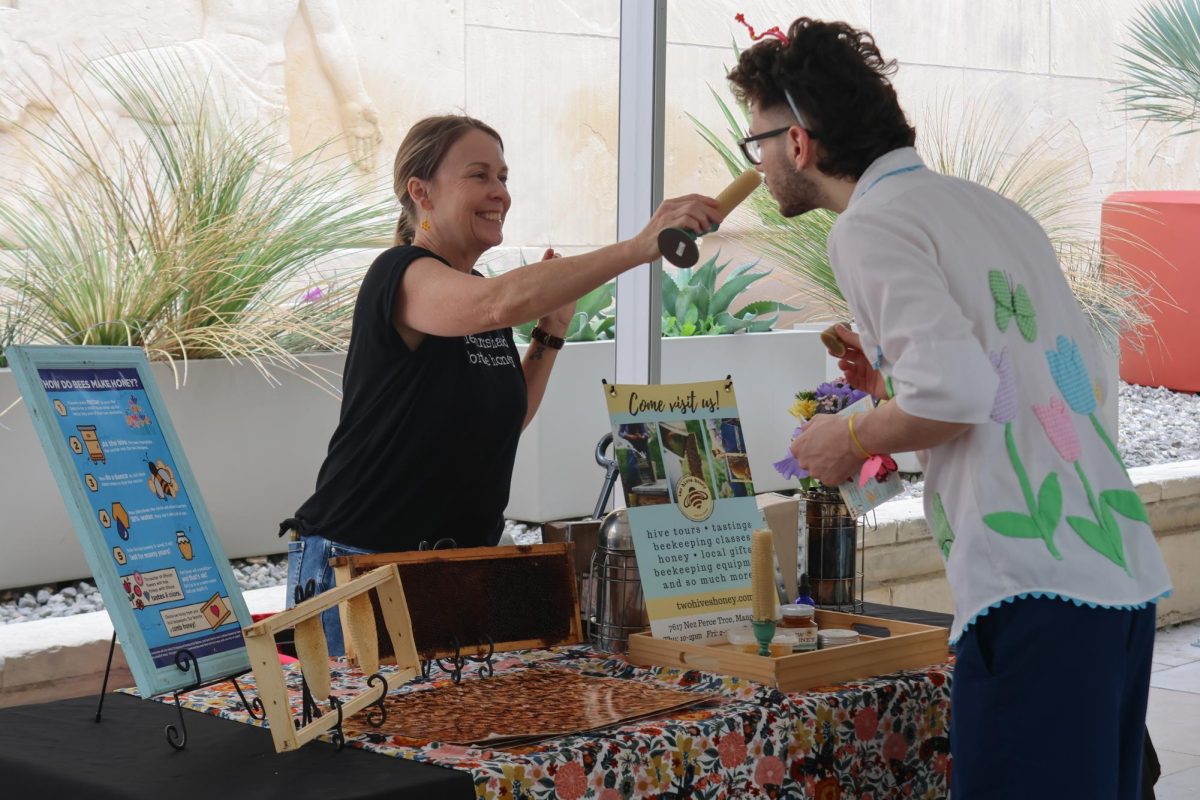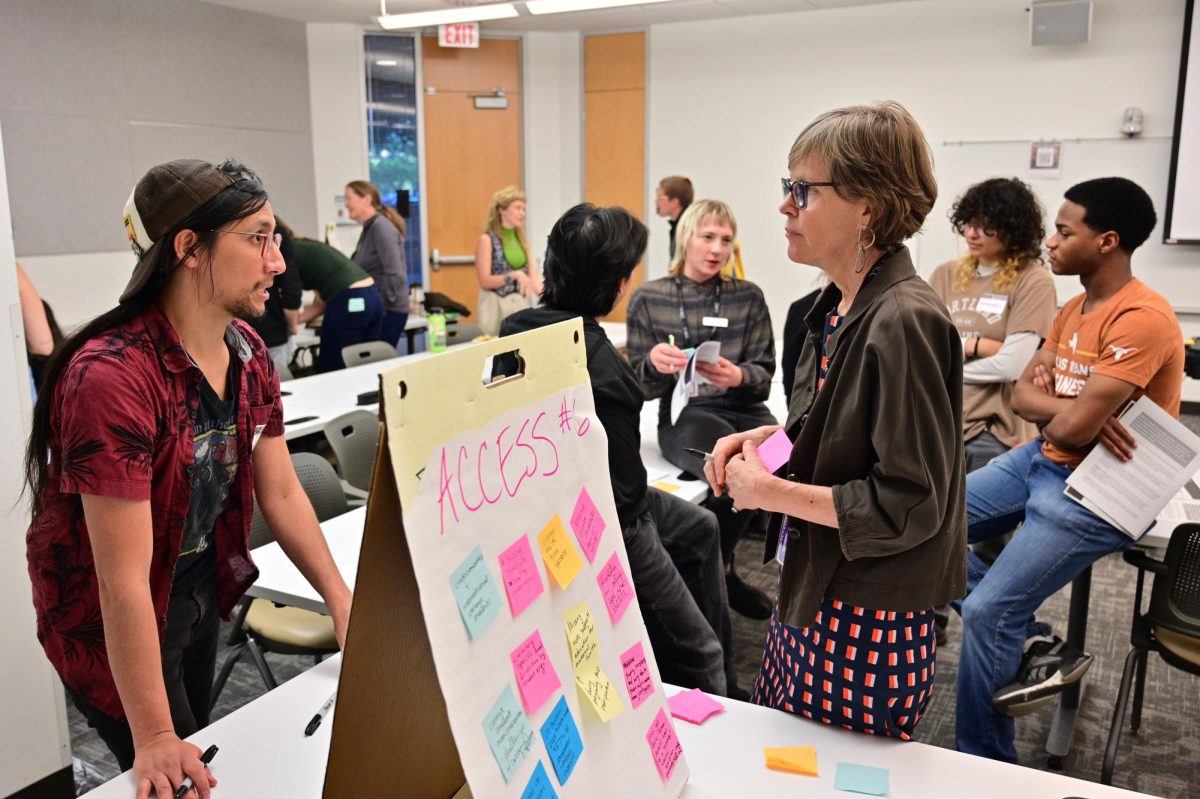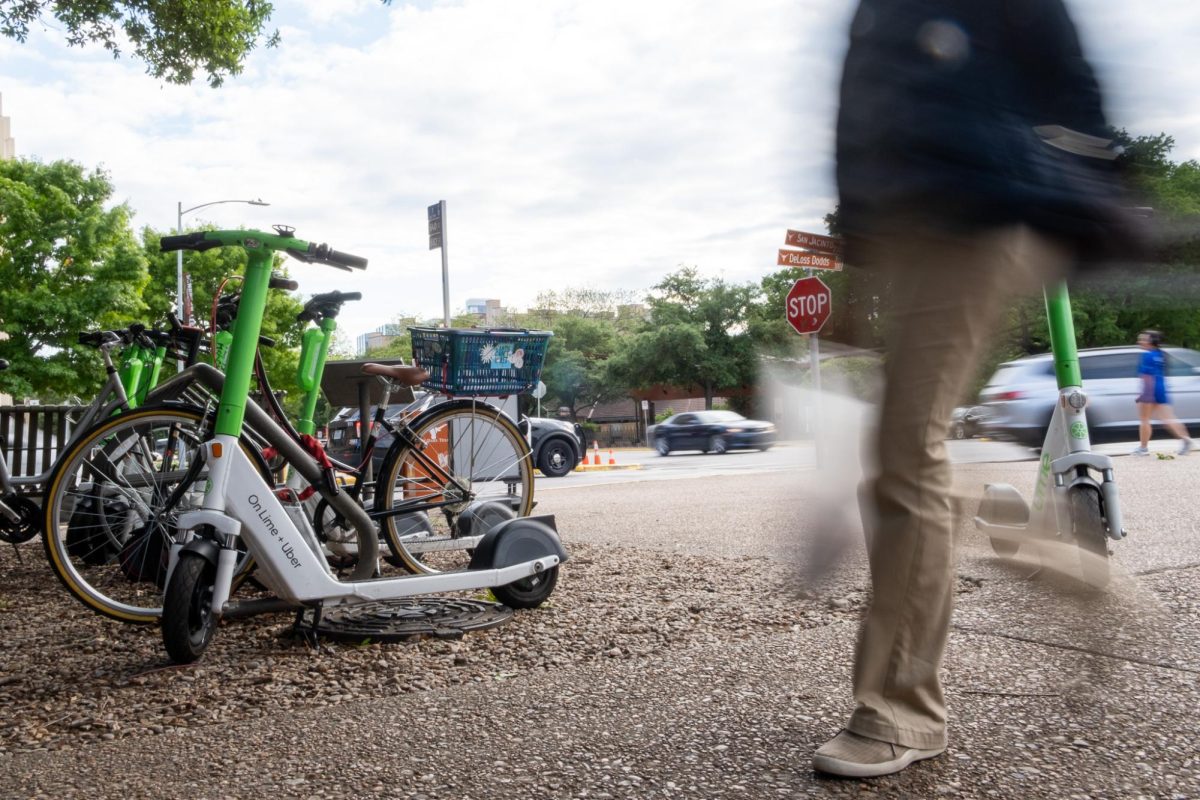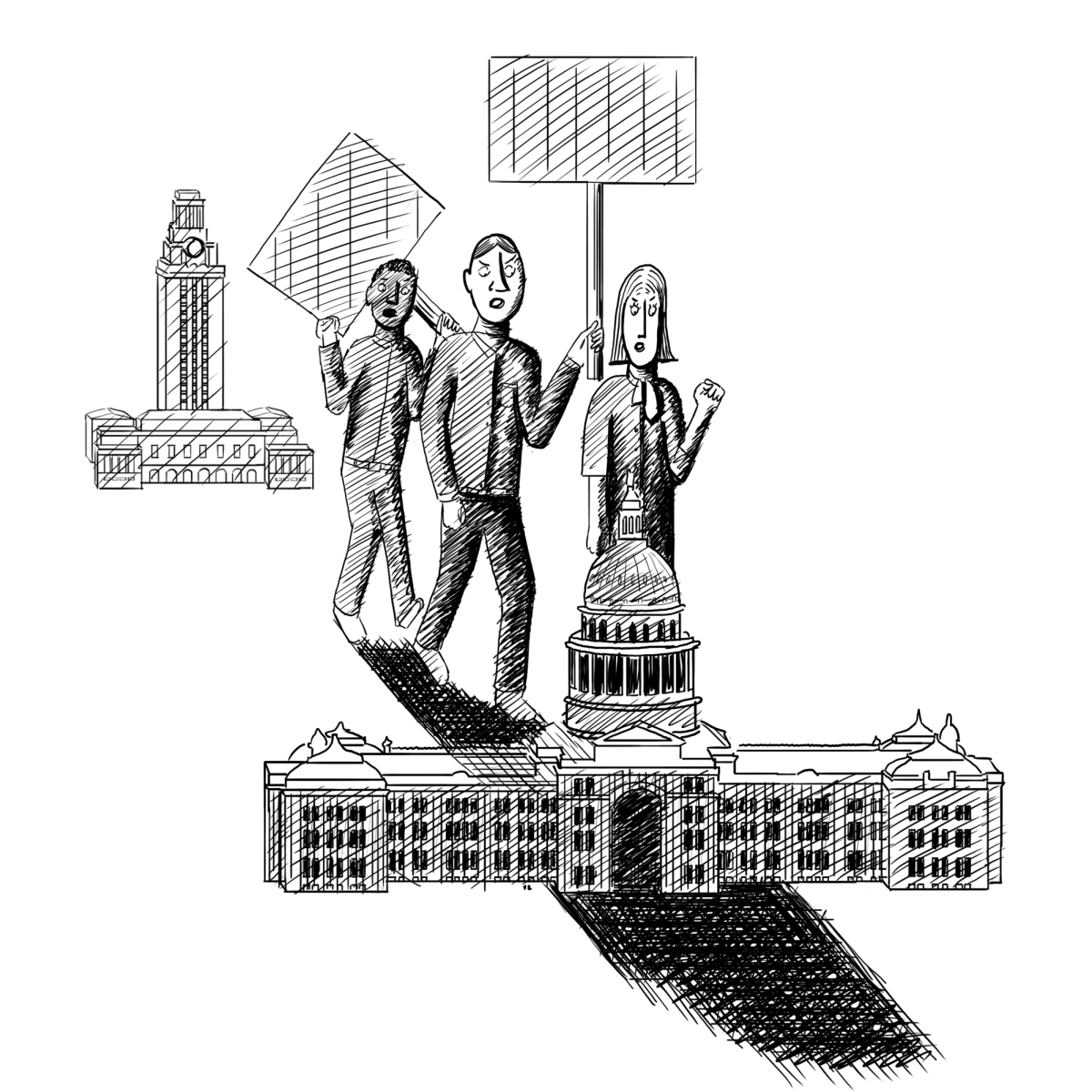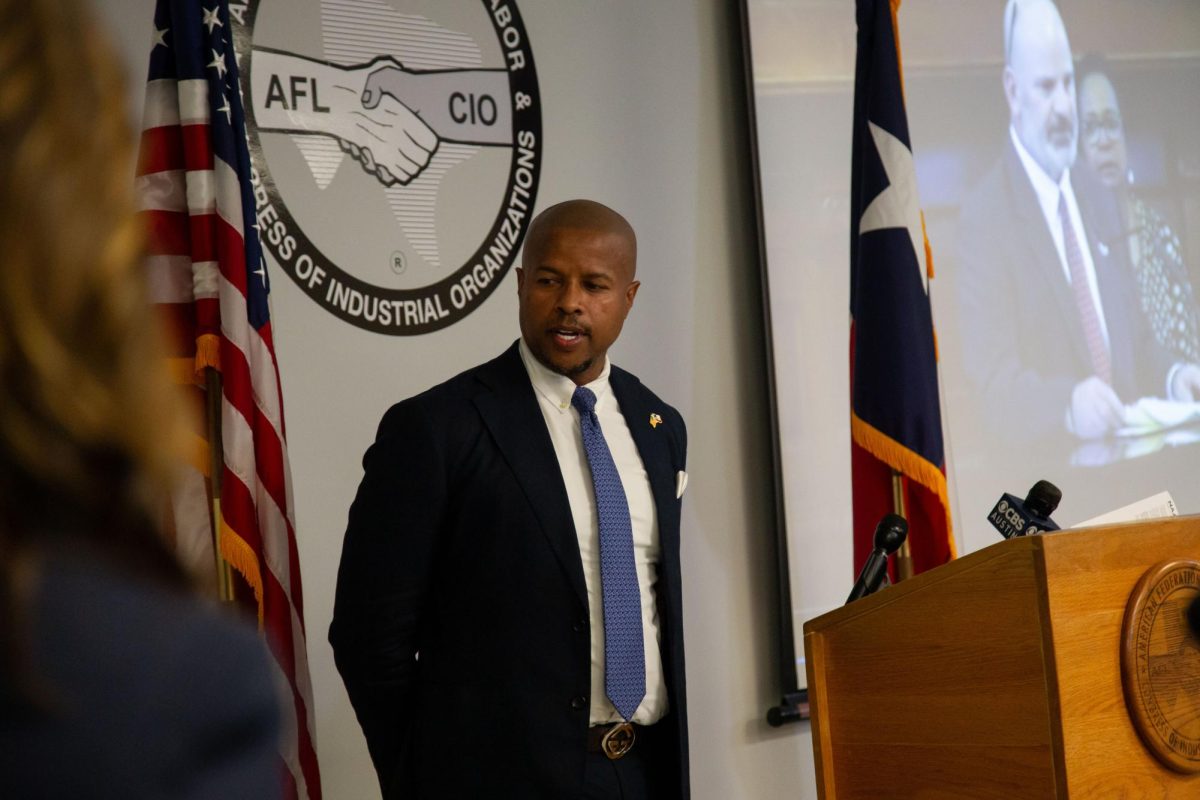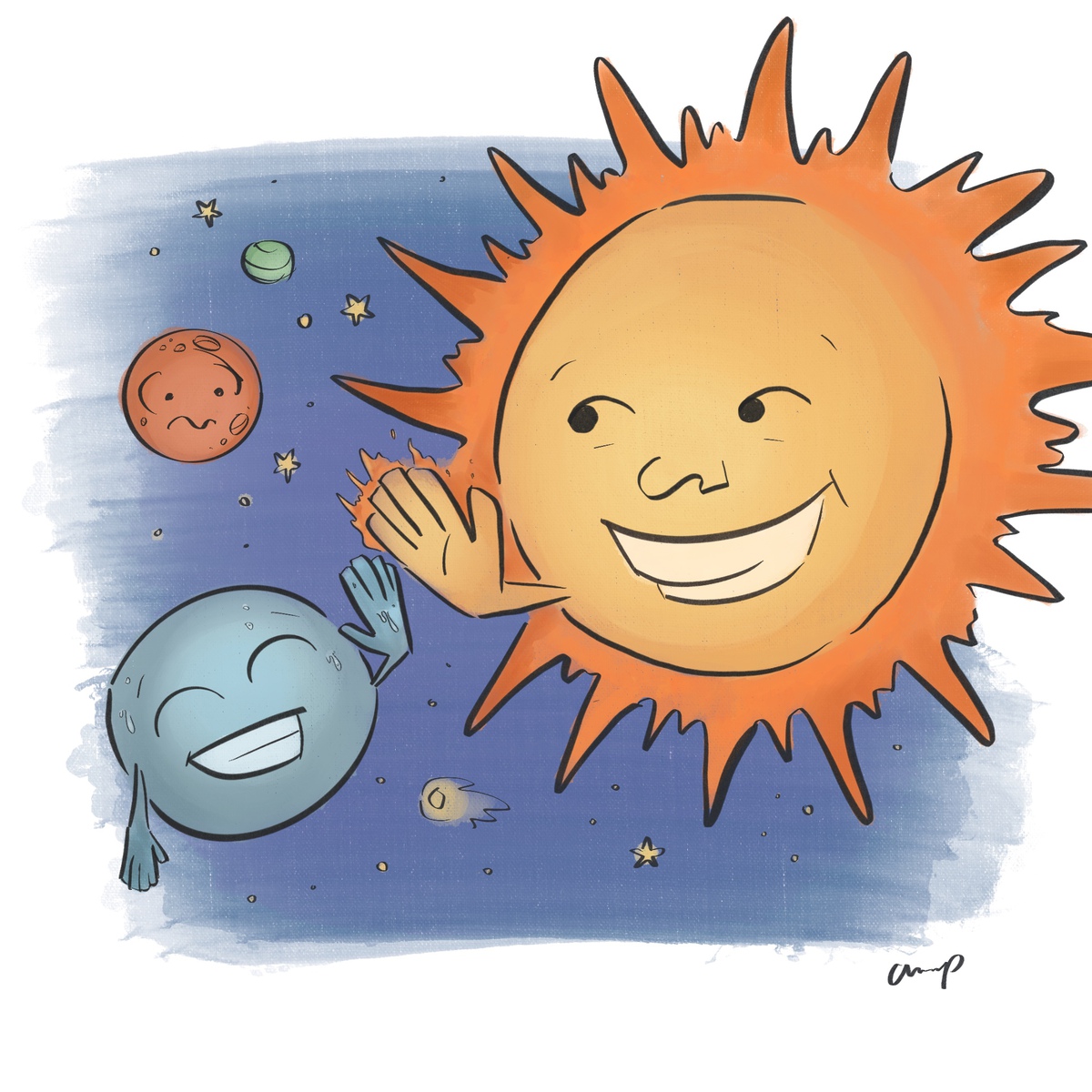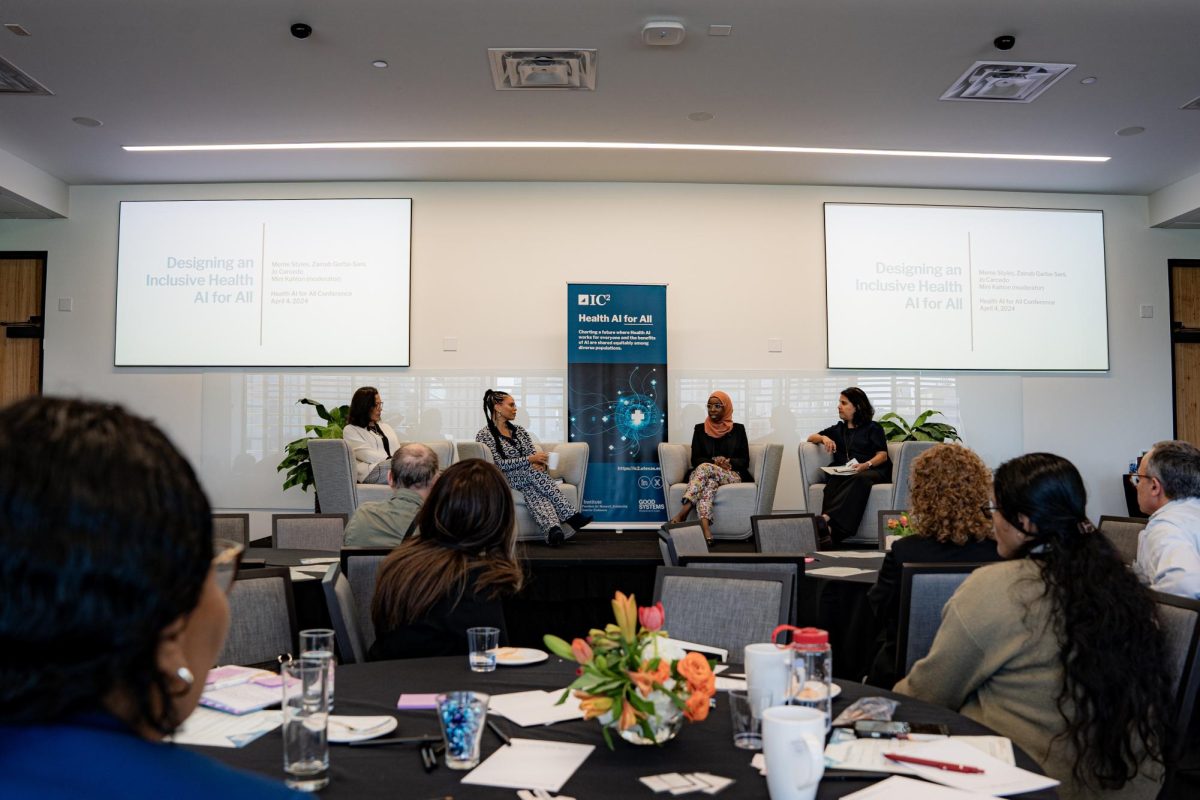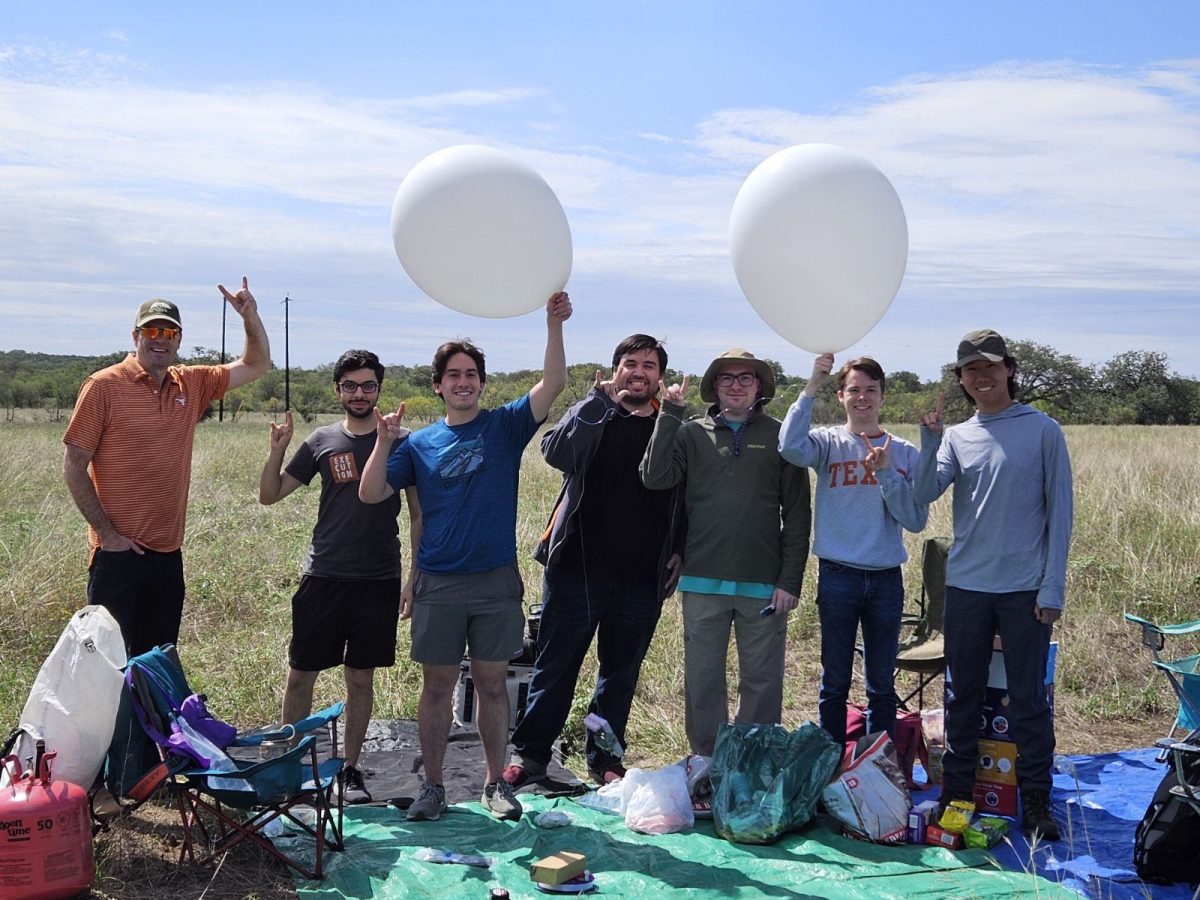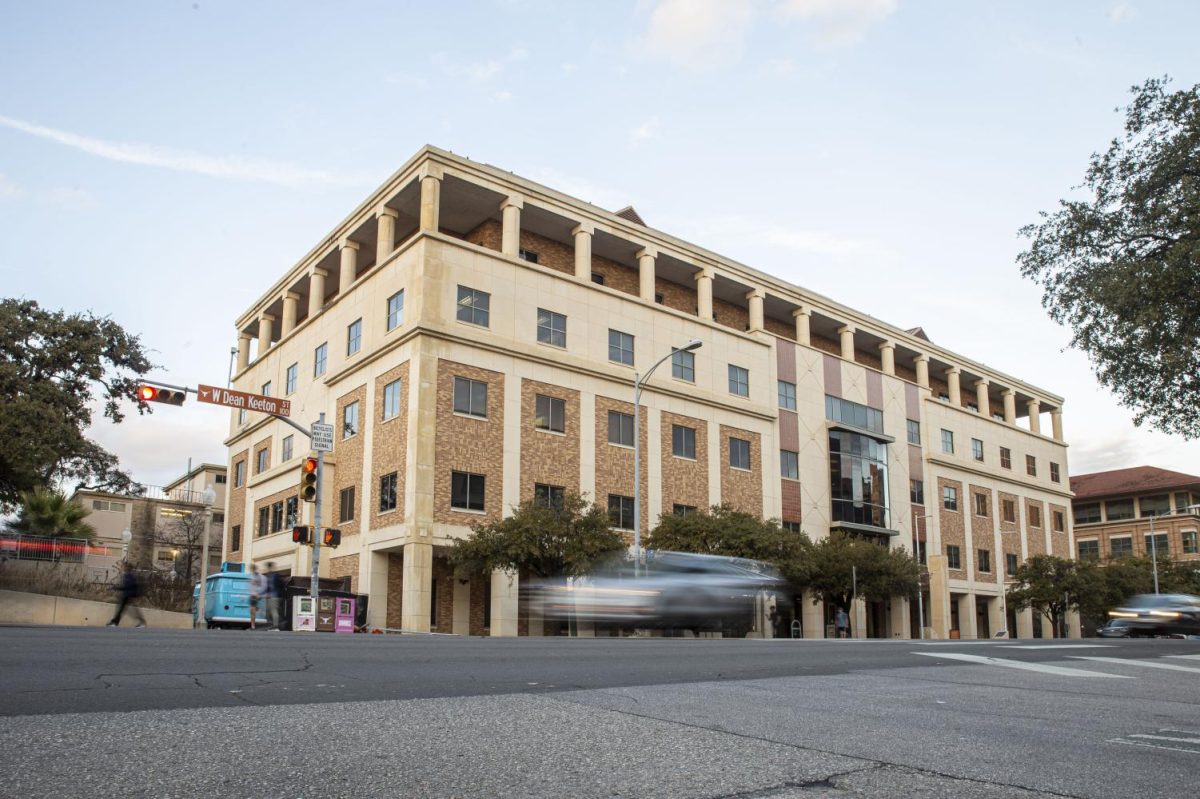In a study involving 182 preschoolers, a child psychology researcher at the University discovered new learning capabilities in young children.
In their research, Cristine Legare, psychology assistant professor and Cognition, Culture and Development Lab director, and University of California, Berkeley psychology associate professor Tania Lombrozo concluded having young children explain how to do something helps them make connections that encourages cause-and-effect thinking.
“Cause-and-effect thinking is basically knowing how something works,” Legare said. “A child was more capable of putting [a toy] together if they had explained all the parts.”
The researchers compared explanatory thinking with observatory thinking by studying children as they put together a toy, after either observing the toy or being asked to explain certain parts of the toy and how they function.
“We created things that interact with each other,” Legare said. “The goal of the child is to see each thing and be able to put the big picture together.”
Legare and her team had a partnership with the Thinkery, a children’s museum in Austin, where most of the data was collected.
Misty Whited, museum marketing and communications manager, said being involved with local research helps them improve quality of learning for children.
“This research gives us knowledge to make the best decisions on what we can do better at our museum so children have great learning experiences,” Whited said.
Legare said child developmental research is in high demand amongst parents.
“Parents are curious,” Legare said. “They want to know how their child is learning about the world around them.”
According to Legare, a key part of children’s learning comes from a mechanical understanding of the things around them.
“Causality is core,” Legare said. “Understanding how things work together is a large part of child development.”
According to Jessica Church-Lang, assistant professor in psychology, the research findings could have big implications in the world of education.
“The results are good in the context of education theory,” Church-Lang said. “It can help us understand how kids best learn and how we can promote deep knowledge.”
Church-Lang said educating future teachers about their research and similar research will help integrate the research findings into classrooms.
“Implementing cognitive findings into classrooms isn’t always easy,” Church-Lang said. “But, teaching the students over in the education department about these new ways of thinking and learning will promote a better future.”



